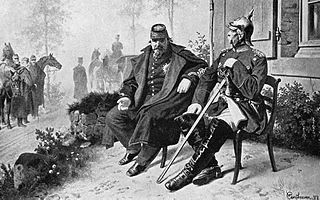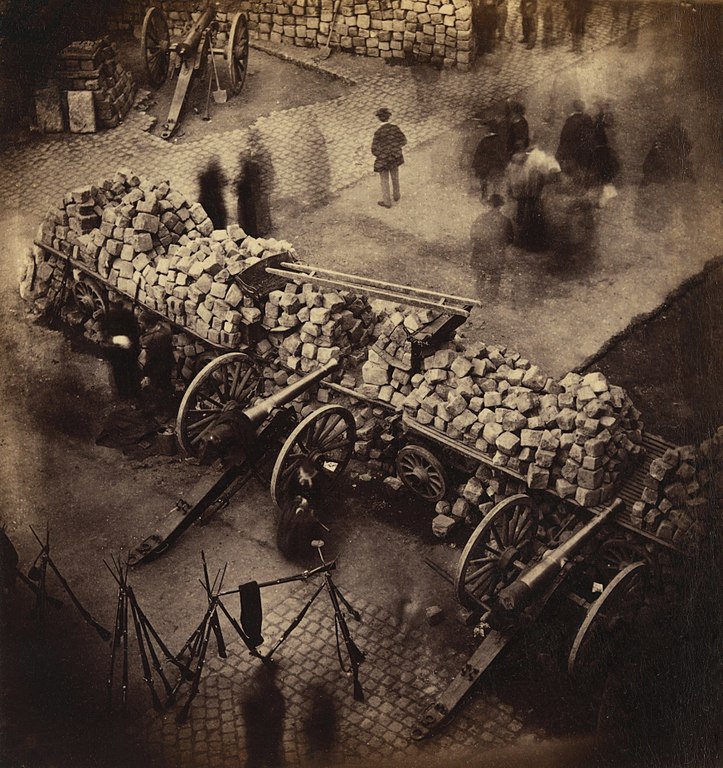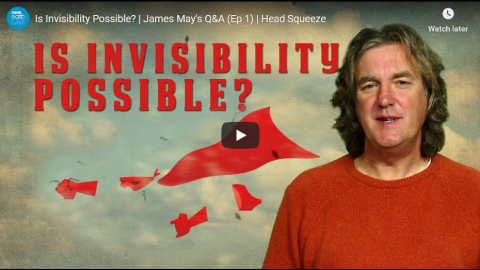Sabaton History
Published 12 Jun 2020War and Plague. Just two horsemen of the apocalypse but never really far away from each other. Where armies march, disease usually follows. From the earliest records of time to modern day, epidemics and contagious diseases are the cause of uncountable deaths. Pandemics like the Spanish Flu or the Bubonic Plague killed millions of people around the world. To survive, mankind had resort to quarantines and plague houses, and put its trust to physicians and the evolution of modern medicine.
Support Sabaton History on Patreon: https://www.patreon.com/sabatonhistory
Listen to “1648” on the album Carolus Rex:
CD: http://bit.ly/CarolusRexStore
Spotify: http://bit.ly/CarolusRexSpotify
Apple Music: http://bit.ly/CarolusRexAppleMusic
iTunes: http://bit.ly/CarolusRexiTunes
Amazon: http://bit.ly/CarolusRexAmz
Google Play: http://bit.ly/CarolusRexGooglePlayListen to Sabaton on Spotify: http://smarturl.it/SabatonSpotify
Official Sabaton Merchandise Shop: http://bit.ly/SabatonOfficialShopHosted by: Indy Neidell
Written by: Markus Linke and Indy Neidell
Directed by: Astrid Deinhard and Wieke Kapteijns
Produced by: Pär Sundström, Astrid Deinhard and Spartacus Olsson
Creative Producer: Joram Appel
Community Manager: Maria Kyhle
Executive Producers: Pär Sundström, Joakim Broden, Tomas Sunmo, Indy Neidell, Astrid Deinhard, and Spartacus Olsson
Post-Production Director: Wieke Kapteijns
Edited by: Karolina Dołęga
Sound Editing by: Marek Kaminski
Maps by: Ryan Weatherby, Karolina DołęgaEastory YouTube Channel: https://www.youtube.com/channel/UCEly…
Archive by: Reuters/Screenocean https://www.screenocean.com
Music by Sabaton.Sources:
– Welcome Images
– National Library of Scotland
– IMW: Q 10378,
– National Museum of Health and Medicine
– National Archives
– Icons from The Noun Project by: Muhamad Ulum & Adrien CoquetAn OnLion Entertainment GmbH and Raging Beaver Publishing AB co-Production.
© Raging Beaver Publishing AB, 2019 – all rights reserved.
June 13, 2020
“1648” Pt. 2 – War and Disease – Sabaton History 071 [Official]
The CHAZ is a little bit 1968, a little bit 1789, but perhaps more 1871
Lawrence W. Reed finds the developments in the Capitol Hill Autonomous Zone of Seattle remind him of the Paris Commune:
“‘Autonomous zone’ has armed guards, local businesses being threatened with extortion.”
That was quite a striking headline to behold. My immediate reaction was, “Oh my gosh, the Paris Commune is back!”
Except that it wasn’t Paris, and it wasn’t 1871. It was Seattle, Washington, USA — today. According to multiple reports, radical protesters seized a six-block area of the city. They declared it a police-free fiefdom, posted armed guards at its perimeter, began extorting money from local businesses (normally called “taxation”) and were even requiring residents to provide ID to enter their own homes.
The Paris Commune that lasted just 70 days in the spring of 1871 was born amid the ruins of France’s wartime loss at the hands of Prussia in the fall of the previous year. When the Prussians captured France’s Emperor Napoleon III, the monarchy collapsed, and the French Third Republic was born. In Versailles, just a few miles from Paris, its leaders sat on their hands as Parisians stewed in the toxic juices of defeat, resentment, and a rising tide of Marxist-inspired class warfare. The voices of the big mouths increasingly drowned out those of the more moderate citizens who preferred to get the city back to normal and work for a living.
On March 18, 1871, the socialist radicals seized the upper hand in the City of Lights. They occupied government buildings and ousted or jailed their opposition. It was a “People’s Revolution” (unless you were one of the people who didn’t support it). Karl Marx’s communist scribblings provided the radicals — called “Communards” — with their primary inspiration, but Marx himself later criticized their failure to immediately seize the Bank of France and march on the government in Versailles. In the early days of the Paris Commune, however, he hoped he was witnessing a fulfillment of his own delusions:
The struggle of the working class against the capitalist class and its state has entered upon a new phase with the struggle in Paris. Whatever the immediate results may be, a new point of departure of world-historic importance has been gained.
Is Invisibility Possible? | James May’s Q&A (Ep 1) | Head Squeeze
BBC Earth Lab
Published 10 Jan 2013James May answers the question as to whether or not invisibility is possible. James draws upon quite a few interesting theories during this discussion.
Outtakes from this video: https://www.youtube.com/watch?v=6Fy1Xkx5VFc
James May’s Q&A:
With his own unique spin, James May asks and answers the oddball questions that we’ve all wondered about from ‘What exactly is one second?’ to ‘Is invisibility possible?’
QotD: The liberal media
As I have pointed out myself, the more one knows about a subject, the more conservative one becomes towards it. Conversely, the less one knows, the more liberal he becomes, and inclined to embrace “progress” and “reforms.” Even a Communist may prove a very conservative stamp collector, once he learns something about philately. It’s only economics he knows nothing about.
This is a universal principle. Everyone knows something about something, and is very backward on that which he knows. The one exception may be journalists, who know nothing about anything, and are therefore liberal all round.
David Warren, “I’ll be a Welshman”, Essays in Idleness, 2018-03-01.







